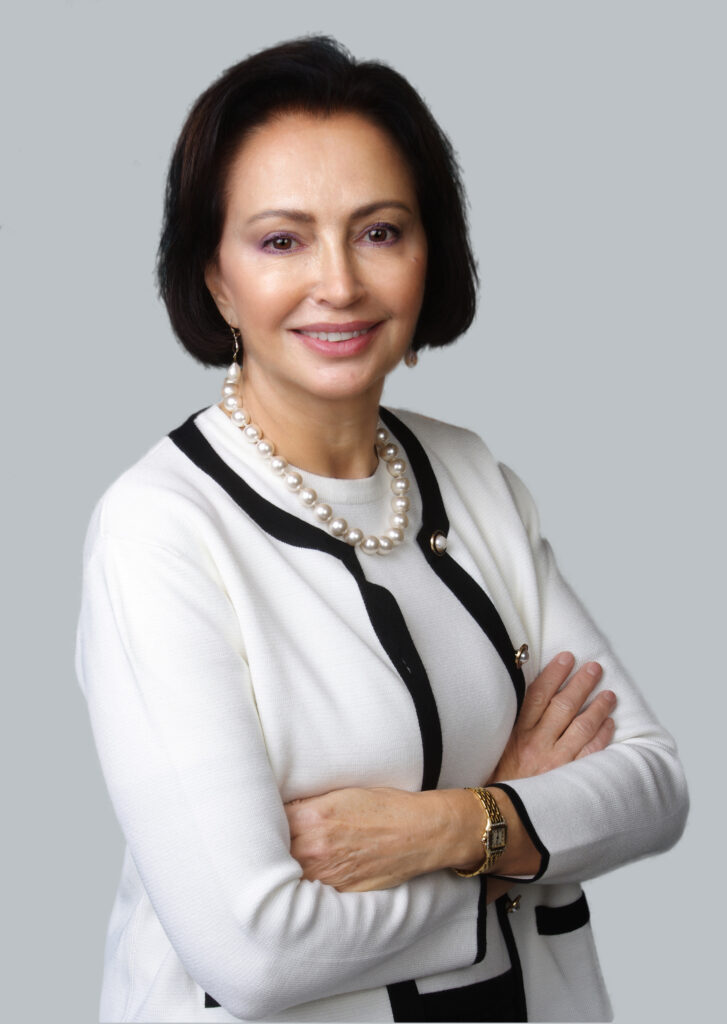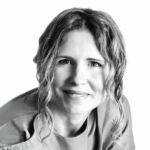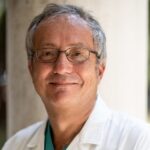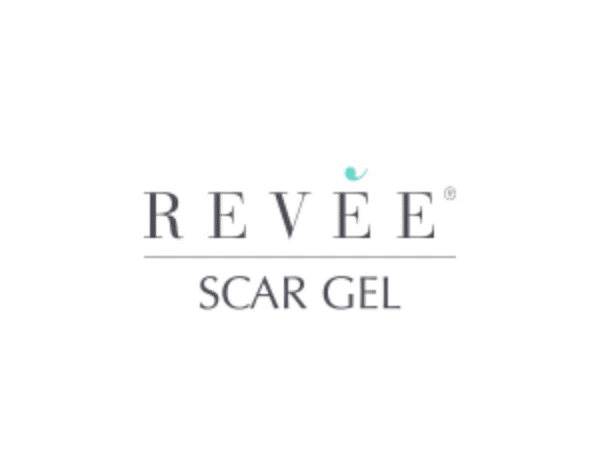Medical doctors and Surgeons
Plastic-reconstructive surgery according to SOFCEP
«Plastic-reconstructive surgery is extremely important, we deal with everything: body, mind and soul»
MD Catherine Bergeret-Galley, President of SOFCEP, Secretary-General of SNCPRE, member of SOFCPRE, ICAPS, ISAPS and ASAPS.
MD Catherine Bergeret-Galley, specialising in plastic and aesthetic surgery and president of SOFCEP (French Society of Plastic Surgeons) describes her work with these simple words. Specialized in plastic-regenerative surgery, Bergeret-Galley tells us the importance of professional associations to ensure the high standard expected by a certified plastic surgeon. She then talks about how a surgeon skills are not limited to their knowledge of a scalpel, but also to their ability to empathize with their patients and make them feel secure.
SOFCEP, a beacon for the plastic surgeon profession
SOFCEP (Société Française des Chirurgiens Esthétiques Plasticiens) was established in 1987 to offer a privileged hub for French surgeons to share their experiences. Every year, the society arranges a conference where both junior and senior plastic surgeons can share their work experiences. These conventions do not focus solely on the practical aspects of the profession such as abdominoplasty and face lifts; they also deal with the best practices to make patients feel calm and secure. «Each clinical case is different, and requires a specific treatment» says Bergeret-Galley. «it is important to share our experiences on how to deal with “difficult” patients, who may be very ill. They might also have psychological problems, or may have social difficulties. We have to adapt to everything.»

During the interview, SOFCEP president reveals one of the biggest strengths of the main plastic surgery association in France. To remain always up-to-date on the field’s best practices, it is necessary to maintain strong relationships with surgeons all over the world. Bergeret-Galley told us that SOFCEP has numerous partnerships with many national societies, such as US and European ones, and holds particularly meaningful relationships with the three Italian plastic surgery associations.
«The president’s mandate only lasts 1 year, and is not alone: there is also a 14-members committee. It is a short time period, so if we want to give some input we need to work hard politically and maybe change our strategy a little bit so we can get everyone to agree» claims Bergeret-Galley, who is pushing for new agreements with South American plastic surgery societies. «We have a specific partnership with the Plastic and Aesthetic Society of Brazil, which has more than 6,700 members, and is one of the biggest associations in the world, and also with the Argentinian society and more! We are trying to have an evolution of this job, and trying to be always innovative».
Plastic surgery in France, the role of ethics and the importance of young surgeons
The ethical code is of utmost importance for surgeons, and French medical doctors are especially aware of this. «The plastic surgeon needs to be adaptable and has to seek the best treatment for the patient, however reciprocal trust is needed, too» says Bergeret-Galley. She explains that there is a syndicate which is specifically tasked to oversee the surgeons and ensure they thoroughly follow guidelines. «It doesn’t matter if you are a junior or a senior plastic surgeon, because we constantly learn, also by sharing one experience.»
Speaking of juniors, SOFCEP president assures that the society continuously pushes younger surgeons to collaborate and interact with other surgeons, in order to improve plastic surgery in France. Therefore, they need to publish papers, comment clinical cases, and deeply engage with the scientific community. «It is important that young plastic surgeons get more involved» shares Bergelet-Galley, with a hint of concern in her voice. «After the COVID-imposed restrictions, people are starting to become more individualistic. Thus, it’s difficult to have a young plastic surgeon understand that the more we are in a group, the more powerful we are. Among the other things, she pushes young French medical doctors to use English as the language for their papers, to make their studies easily accessible to the international community.
«We are only humans», is the final reminder of Bergelet-Galley, «and we need other humans to work with us. If you don’t need people, you are losing your way.» These words remind us that the relationship between a surgeon and their patient doesn’t rely only on the doctor’s ability to confidently handle a scalpel, but also on the reciprocal trust between a professional and the one who needs help. This is of utmost importance for medical doctors and for plastic surgeons alike.




































